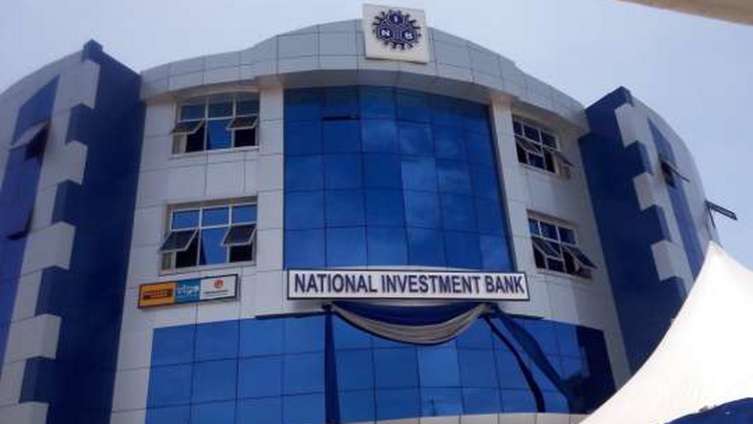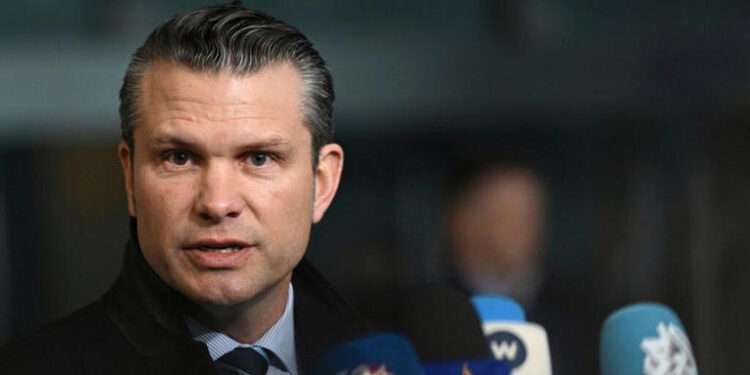In the wake of the National Investment Bank’s (NIB) recent struggles, the decision to infuse capital into the institution has been met with cautious optimism.
Yet, according to banking consultant Dr. Richmond Atuahene, merely bolstering NIB’s financial reserves won’t be a panacea for its challenges. Rather, he called for the urgent need for robust corporate governance measures to accompany any recapitalization efforts.
NIB’s trajectory has been marked by turbulence, particularly following its transition from a focused industrial bank to a universal entity engaging in both developmental and commercial banking activities. While this pivot was intended to broaden its scope and impact, it inadvertently exposed the institution to a host of new challenges, exacerbated by the broader economic and banking crises.
The recent nod from the International Monetary Fund (IMF) to authorize government-led recapitalization efforts is undoubtedly a significant step. It signals recognition of the gravity of NIB’s predicament and the necessity of intervention. However, Dr. Atuahene cautions that this infusion of capital must be accompanied by a comprehensive overhaul of the bank’s governance framework.
Central to Dr. Atuahene’s concerns is the issue of corporate governance, a cornerstone of any well-functioning financial institution. He contends that NIB’s woes can be traced, at least in part, to deficiencies in this critical area. Specifically, he highlights the prevalence of poor governance practices and an ineffective board composition as key obstacles hindering the bank’s progress.
In Dr. Atuahene’s view, restructuring the board of directors and instilling a culture of good corporate governance are imperative if NIB is to chart a path toward sustained recovery and success. He emphasizes that this goes beyond mere compliance with regulatory requirements; it entails fostering a culture of accountability, transparency, and ethical conduct at all levels of the organization.
Waste of Investment
Dr Atuahene further warned that it would be a waste of investment on the bank’s operations, if it continues to have week corporate governance.
Dr Atuahene expressed optimism that the IMF will supervise to ensure good governance structure. “I am sure the IMF will make it a conditionality to ensure that a good corporate governance system is put in place as they talk about the capitalisation of the bank,” Dr Atuahene asserted.
Despite some development of a possible takeover or merger of the Agriculture Development Bank (ADB) and National Investment Bank (NIB), others have called for the privatisation of the Investment Bank to enhance efficient operations of the bank.

This position, Dr. Atuahene believes that holding all factors constant, after the capitalisation of the Bank, it can be listed on the Ghana stock exchange market for some three years to attract more investors with the purpose of putting things in order.
Dr. Atuahene noted that if the core purpose of the bank’s initial establishment by Dr. Kwame Nkrumah to be a bank for local industries is no longer important at this point, then it should be listed for an improved corporate governance.
“In 1963 and 1965 Dr. Kwame Nkrumah said I needed ADB to look at Agriculture and NIB to look at industries, unfortunately in 2003, we did the universal banking concert, where they can become jack of all trade and master of none, if we want to sell it, how are we selling as a development bank or a universal bank?”
Dr. Atuahene
Indeed, the significance of sound corporate governance cannot be overstated, particularly in the context of a financial institution grappling with multifaceted challenges. Effective governance mechanisms serve as a bulwark against mismanagement, corruption, and systemic risk, thereby safeguarding the interests of stakeholders and fostering long-term viability.
The success of NIB’s recapitalization efforts hinges not only on the infusion of funds but also on the institution’s ability to implement meaningful governance reforms. Dr. Atuahene’s admonition serves as a timely reminder that sustainable recovery requires more than just financial resources- it demands a commitment to principled leadership and institutional integrity.
READ ALSO: Newmont Corporation Appoints Francois Hardy as Chief Technology Officer





















